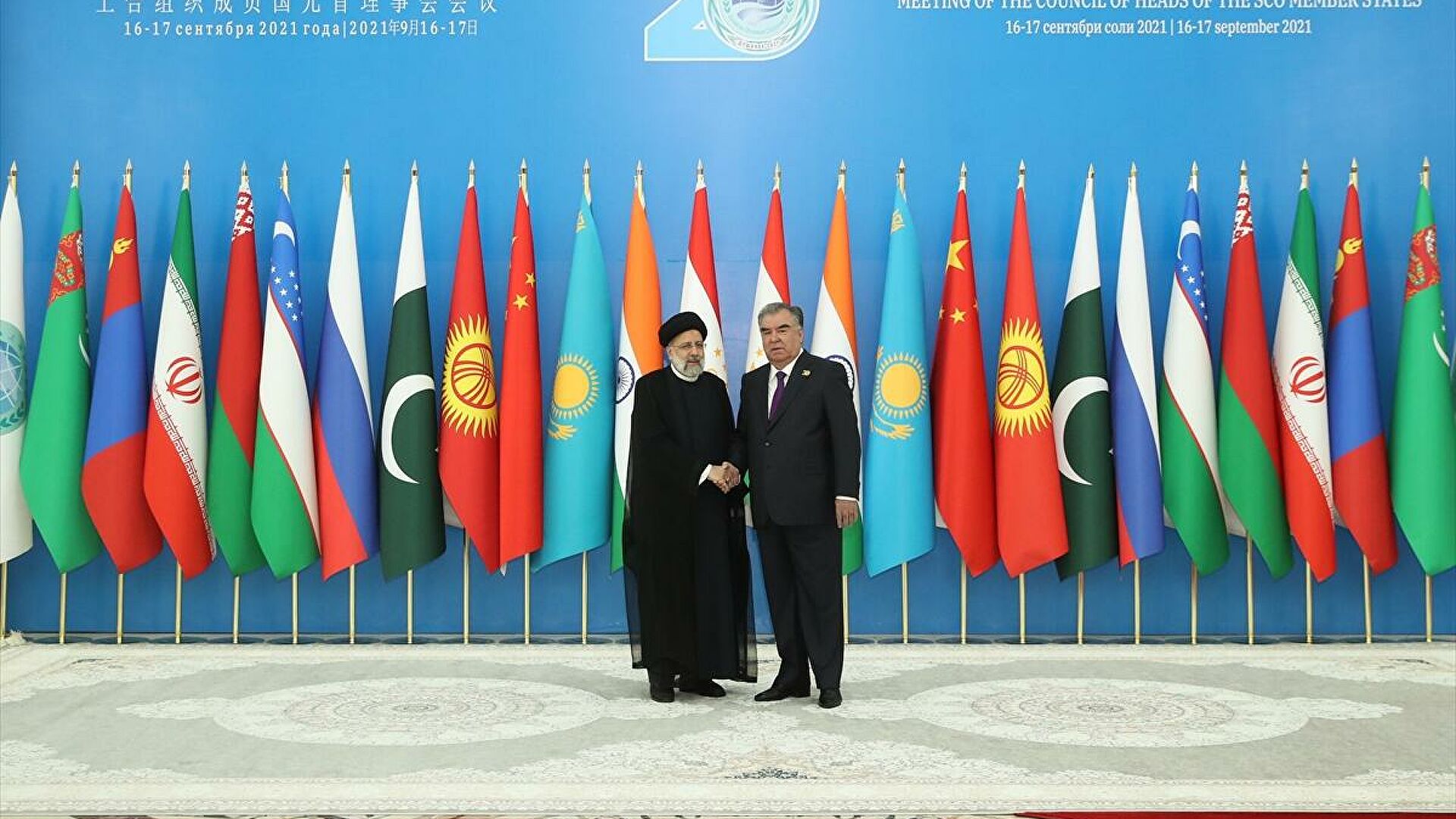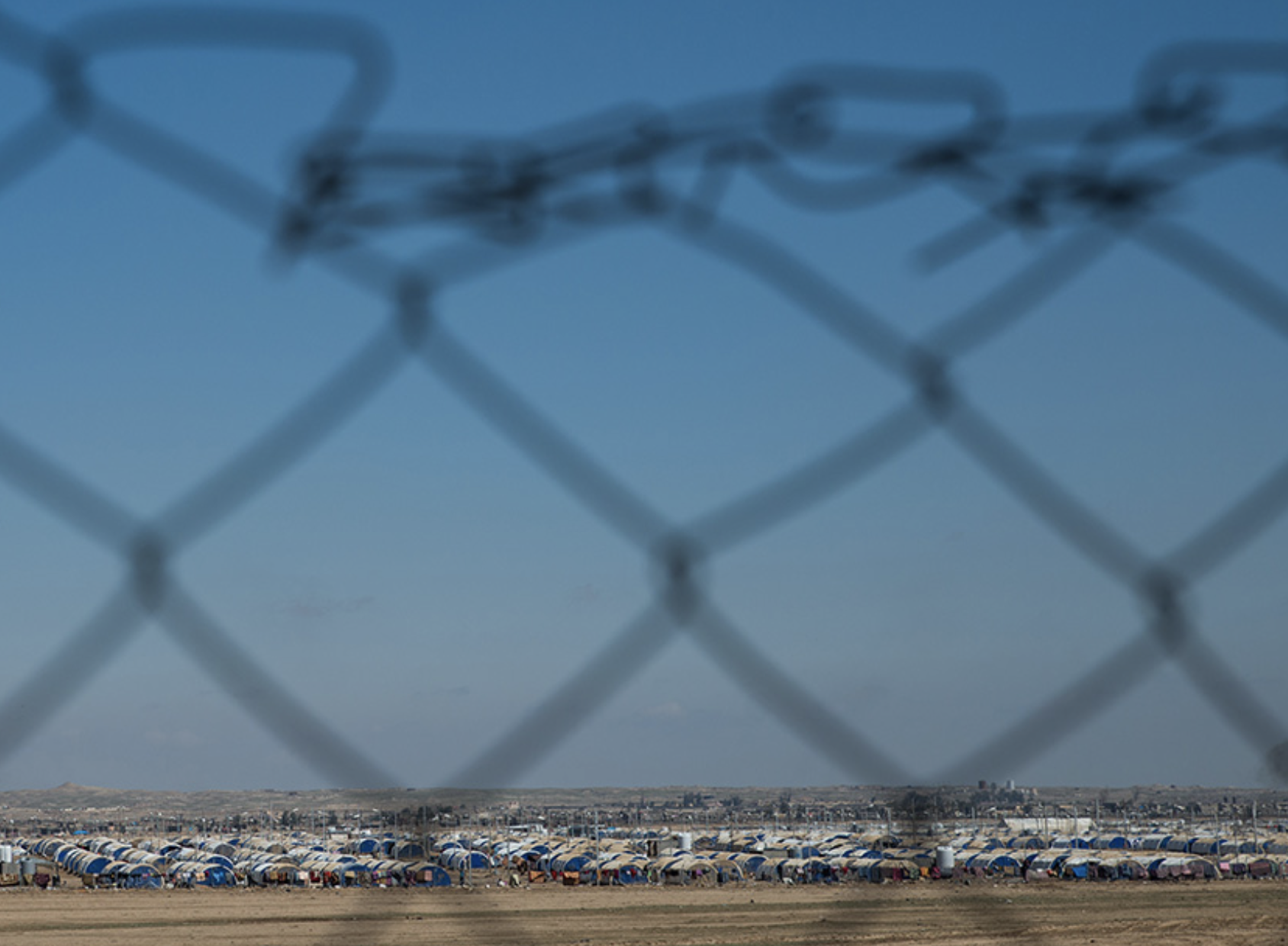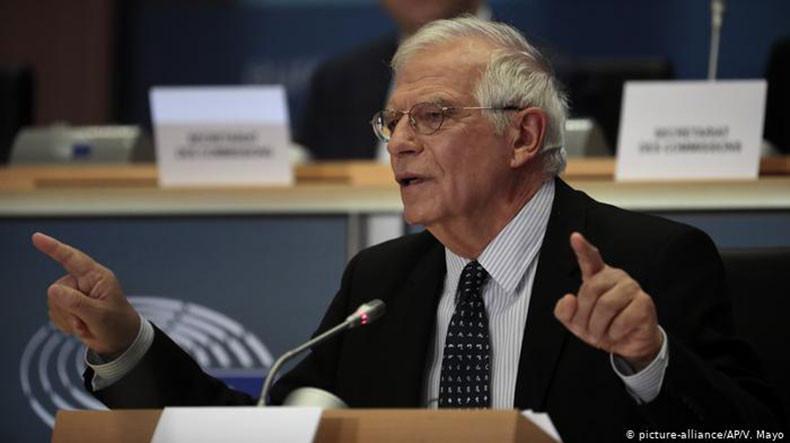Following the collapse of the Soviet Union, upheavals stemming from change of regime and established order in the Balkans have not yet settled down. Romania, Bulgaria and Albania have been able to maintain stability after communism by the change of regime and government preserving their national unity and state borders. On the other hand, the Socialist Federal Republic of Yugoslavia has gone through a process of disintegration the pains of which are still felt. During this process where Slovenia, Croatia, Bosnia-Herzegovina, Montenegro, Serbia, Macedonia and Kosovo have gained their independence, the US in the military area and the EU in political guidance have assumed dominant roles. The current situation and the problems which still require a solution for Kosovo, the last country to gain its independence in February 2008, bring to the surface the fact that the historical baggage and claims in the Balkans thought to be put behind could reappear anytime as a source of dispute. The northern part of Kosovo, where a majority of the population is Serbian, continues to exist as a region where Kosovo officials cannot enter, being actively financed and administered by Serbia. Recently, with a decision reached during the conference on December 11, Foreign Ministers of the European Union, with the historical awareness of the importance of stability in the Balkans, the soft belly of Europe, have confirmed that Kosovo should be under the administration of the Kosovo Government as a single administrative and institutional set up. At the same meeting, the Foreign Ministers have promised to Serbia, which does not recognize Kosovo’s independence, that if it takes steps towards normalizing relations with Kosovo, EU-Serbia association negotiations could start in the spring. While the odd fact of five members of the EU not recognizing Kosovo’s independence puts into question the consistency of the EU Foreign Ministers’ decision, the Serbian Prime Minister has officially announced on December 11 that the government has formally adopted a platform on north Kosovo. This decision, announced before the talks expected to be held on January 17 in Brussels between the parties through the mediation of the EU, envisages an autonomous self-government model, entailing the northern region to be demilitarized, to have its own police and courts and to have control in education, health, energy, telecom, trade and finance. Kosovo has reacted to the announcement as a sign that Serbia has still not abandoned the idea of separation. This approach of Serbia towards Kosovo’s independence and territorial integrity has instigated without delay evocations to other similar situations in the Balkans with the potential to open the Pandora’s box. Firstly, the question of whether it could set a precedent for Bosnia-Herzegovina and the situation of the Serbs there has come to the agenda. Furthermore, the probable affects on the Albanians, Bosnians (Sanjak), and Hungarians (Voyvodina) in Serbia, the Albanians and Bosnians in Montenegro, the Turks in Bulgaria, the Turks, Macedonians and Albanians in Greece have been invoked. It has been indicated in the European press that within the Balkan mosaic the potential of minority rights turning into a viscous circle, escalating open ended with demands for further rights has caused EU officials to look for ways to abandon the concept of minority rights and to steer for universal rights of all citizens instead of rights for minorities. It will be interesting to watch whether or not European countries, which have been very keen to support and implement minority rights until now, will actually take a step back when it turns to be an element of instability in their own backyard.
© 2009-2025 Center for Eurasian Studies (AVİM) All Rights Reserved
THE UNSTEADY SOUTHERN CAUCASUS
 THE ACCEPTANCE OF IRAN'S MEMBERSHIP TO THE SHANGHAI COOPERATION ORGANIZATION
THE ACCEPTANCE OF IRAN'S MEMBERSHIP TO THE SHANGHAI COOPERATION ORGANIZATION
 THE EU DISCARDS THE IRREGULAR MIGRATION ISSUE IN THE MEDITERRANEAN - 2
THE EU DISCARDS THE IRREGULAR MIGRATION ISSUE IN THE MEDITERRANEAN - 2
 NO PAUSE IN PATHOLOGICAL OBSESSION WITH TURKEY EVEN IN TIME OF THE CORONA VIRUS PANDEMIC
NO PAUSE IN PATHOLOGICAL OBSESSION WITH TURKEY EVEN IN TIME OF THE CORONA VIRUS PANDEMIC
 AGOS' CHANGING EDITORIAL POLICY
AGOS' CHANGING EDITORIAL POLICY




























